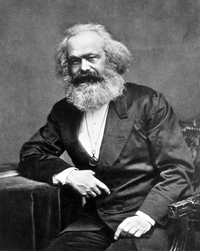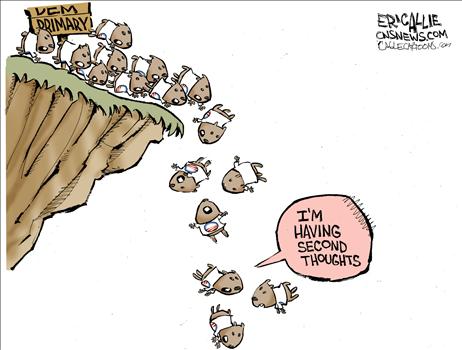 In “How a just peace in Palestine-Israel can save our planet”,* Beit Zatoun director Robert Massoud stressed that the UN’s failure to deal with its first major crisis, the establishment of Jewish and Arab states in Palestine, seriously compromised it as a forum for international relations and world peace. Seventy years later, the UN is still impotent in the face of imperialism, and the Palestine issue is still, literally, burning. Among its atrocities, Israel uses white phosphorus--WP, know affectionately by WWII soldiers as Willie Pete--against Palestinians. Israel is not alone, as (US-made) WP is used by Saudi Arabia in its bombing in Yemen, and somebody is using it in Syria and it ain't Assad.
In “How a just peace in Palestine-Israel can save our planet”,* Beit Zatoun director Robert Massoud stressed that the UN’s failure to deal with its first major crisis, the establishment of Jewish and Arab states in Palestine, seriously compromised it as a forum for international relations and world peace. Seventy years later, the UN is still impotent in the face of imperialism, and the Palestine issue is still, literally, burning. Among its atrocities, Israel uses white phosphorus--WP, know affectionately by WWII soldiers as Willie Pete--against Palestinians. Israel is not alone, as (US-made) WP is used by Saudi Arabia in its bombing in Yemen, and somebody is using it in Syria and it ain't Assad.
British invention




 Banks are behind our boom-and-bust economy, creating money in the form of loans (mostly to industry, but also mortgages), conducting our industrial policy behind our backs. Why? Are they really so omniscient, so capable of steering us into a bright future? Shouldn’t they have public policy shaping their lending? Isn’t charging interest on money
Banks are behind our boom-and-bust economy, creating money in the form of loans (mostly to industry, but also mortgages), conducting our industrial policy behind our backs. Why? Are they really so omniscient, so capable of steering us into a bright future? Shouldn’t they have public policy shaping their lending? Isn’t charging interest on money  Seventeen years on, there is little that remains of 9/11 as physical evidence. The site of the tragedy was quickly cleaned up, too quickly in the view of many. Was that to hide incriminating evidence that exposes the real perpetrators, or just the instinctual reaction to a messy scene of destruction that you prefer to forget about?
Seventeen years on, there is little that remains of 9/11 as physical evidence. The site of the tragedy was quickly cleaned up, too quickly in the view of many. Was that to hide incriminating evidence that exposes the real perpetrators, or just the instinctual reaction to a messy scene of destruction that you prefer to forget about?



